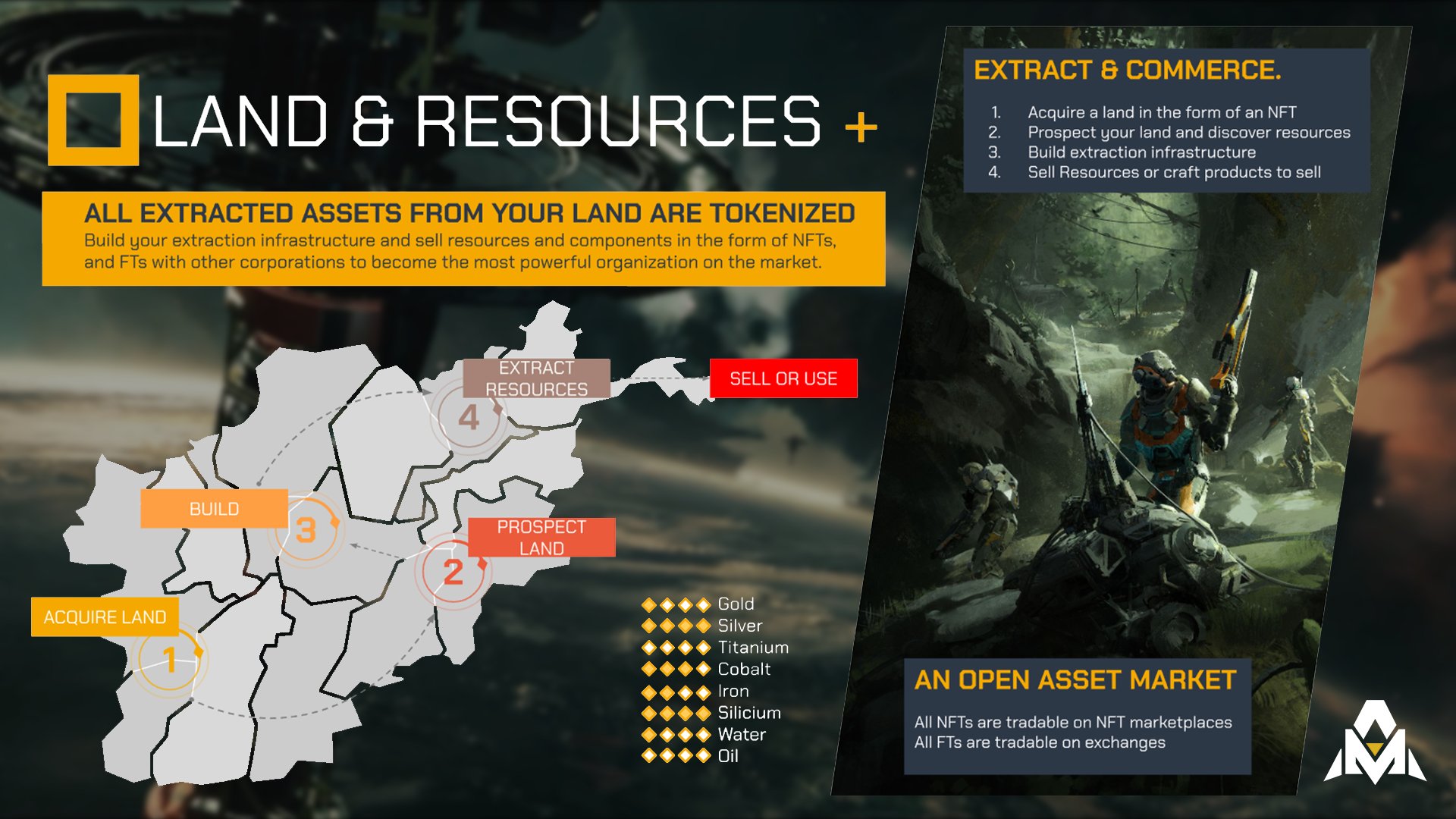This article is brought to you by @NWD_Blockchains.
The video game industry, once booming, now stands at a crossroads. Among the historical publishers, Ubisoft—famous for hit franchises like Assassin’s Creed and Far Cry—is struggling to captivate players' attention. Its recent releases, including Star Wars Outlaws, have failed to make the expected impact, leaving the company at a critical juncture, with its stock price under serious pressure, and a potential privatization that would be carried out by Tencent and the Guillemot family.
However, amidst these challenges, a unique opportunity is emerging: Ashes of Mankind, a game with a groundbreaking concept, which could allow Ubisoft to reinvent itself and re-establish its position as a leader in the industry by leveraging Web3 technologies. This could be a once-in-a-generation opportunity for the company to regain its status as a major player in the gaming world.
Ubisoft and Web3: A Revolution in the Future of Gaming
The rise of Web3 is poised to dramatically reshape the video game industry. Thanks to blockchain technology, players can now truly own digital assets and trade them within decentralized economies. This new model overturns traditional in-game ownership, where publishers had full control over all transactions and asset value.
As an early adopter of emerging technologies, Ubisoft has already ventured into Web3 through initiatives involving NFTs and strategic partnerships, such as with Ultra—a blockchain platform dedicated to video games. Yet, the publisher has yet to release a title that fully capitalizes on these innovations. This is where Ashes of Mankind could be the much-anticipated breakthrough the industry has been waiting for.
Ashes of Mankind: A Game-Changing Innovation
Developed by Black Ice Studios, Ashes of Mankind presents a unique hybrid game concept that merges intense first-person shooter (FPS) gameplay with a fully realized Web3 economy (referred to as an on-chain game economy). Incubated by Ultra, this AAA FPS doesn’t just incorporate blockchain in a superficial way. Instead, it deeply integrates the technology to create a player-driven economy where every asset holds real value and can be traded on a decentralized platform.
The game is split into two interconnected experiences:
- Citadels: A tactical FPS where players engage in high-stakes PvP and PvE battles to acquire valuable resources.
- Empires: A management and strategy game where players control corporations, manage resources, and craft items used in Citadels.
This blending of combat and management delivers a level of interoperability between the two modes that is unprecedented. Strategic decisions made in Empires directly affect the gameplay experience in Citadels. All of this is driven by an on-chain game economy where players create, own, and trade virtual assets, fostering active engagement in building the game’s universe.
The Ultra Blockchain: The Foundation of Success
The success of Ashes of Mankind relies heavily on Ultra’s blockchain infrastructure. Unlike other Web3 experiments, Ultra offers a seamless experience without the typical friction associated with traditional blockchains. Players aren’t required to set up complicated wallets or manage real-time transactions, eliminating one of the biggest barriers to Web3 adoption.
Additionally, this infrastructure enables the creation of genuine economic ecosystems where players and creators can monetize their skills, design unique items, and sell them within the game. Ubisoft, as a potential publisher, could capitalize on this technology to introduce a business model based on the sale of digital assets, thereby expanding its revenue streams beyond traditional game sales.
Why Ubisoft Should Seize This Opportunity
For Ubisoft, publishing Ashes of Mankind represents much more than just a commercial partnership. It’s a chance to position the company as a trailblazer in Web3 gaming by becoming the first major publisher to offer a AAA game built entirely around an innovative blockchain economy.
- Restoring Player Trust: By launching a game that combines the best elements of traditional gaming with cutting-edge Web3 innovations, Ubisoft could reignite enthusiasm among its fan base, which has grown weary of repetitive offerings in recent years.
- A Sustainable Business Model: Blockchain technology presents Ubisoft with the opportunity to expand beyond its traditional revenue model. Sales of digital items, strategic partnerships, and royalties from asset exchanges could create a new, stable, and long-term revenue stream.
- Establishing Leadership in Web3: While other major players in the gaming industry remain hesitant to fully embrace Web3, Ubisoft has the chance to take a significant lead by releasing the first AAA game that fully leverages blockchain technology. This bold, visionary move would echo Ubisoft’s past successes during times of industry transition.
Conclusion: A Winning Strategy for Ubisoft
As an existing partner of Ultra and Black Ice Studios, Ubisoft could make a strong comeback by publishing Ashes of Mankind, not only redefining its business model but also rekindling its role as an innovator in the gaming industry.
Just as Minecraft and Fortnite each marked pivotal moments in gaming history, Ashes of Mankind could usher in a new era for Ubisoft—one defined by Web3 gaming.
This strategic decision wouldn’t just benefit Ubisoft; it would send a powerful signal to the entire video game industry. Blockchain, when thoughtfully integrated, could very well become the future of gaming, and Ubisoft, through Ashes of Mankind, would be leading the charge.
For more information on Ashes of Mankind’s on-chain game economy, be sure to check out their Whitepaper.



